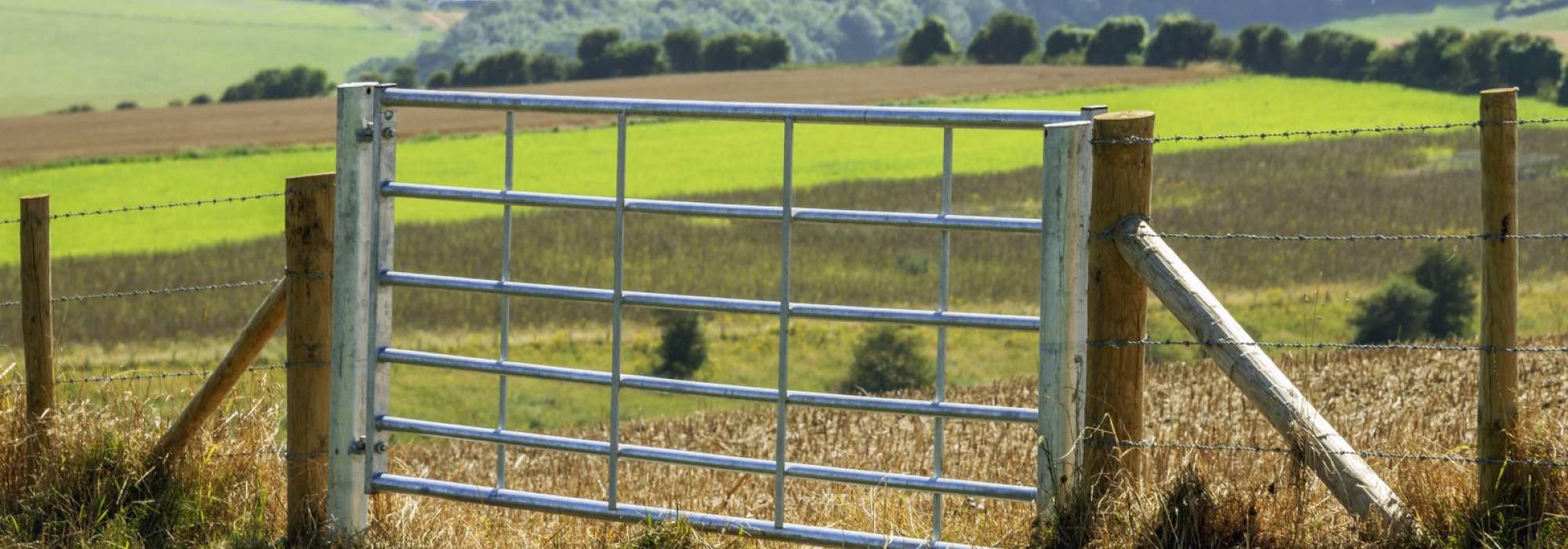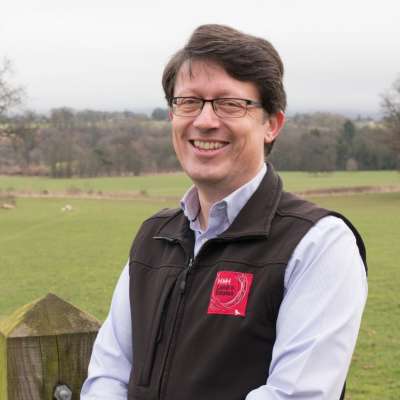All You Need To Know For The Sustainable Farming Incentive Launch
Here David Morley, Head of Conservation and Environment at H&H Land & Estates discusses the new Sustainable Farming Incentive (SFI) which launches today, Thursday 30th June 2022.
“The Sustainable Farming Incentive is the first component of the new Environmental Land Management (ELM) Scheme to be launched and aims to enhance the health and fertility of soils, contribute to carbon net zero targets, and assess the current environmental condition of moorland and its potential to deliver public goods, such as clean water and clean air, enhanced biodiversity, adaption to climate change and flood mitigation.
“It is open to all farmers currently eligible for BPS who have three years of management control on the land they want to enter. It is a land parcel-based scheme, not whole-farm, so farmers can enter as much land into the scheme as they choose.
“There are two standards for soils - Arable Soil or Improved Grassland Soils and each standard groups together actions that DEFRA thinks are appropriate for that land into a package. Within the soil standards there are two levels of ambition – Introductory and Intermediate; Advanced level will be added in 2023. The Moorland standard will only have an introductory level for the time being.
“The level of payment for the introductory and intermediate levels for Improved Grassland Soils are £28 and £58 retrospectively. To enter the introductory level, farmers will need to undertake a basic soil assessment and draw up a soil management plan within the first 12 months of the agreement, test the level of soil organic matter at least every five years and maintain a green cover on at least 95% of the scheme area through the winter.
“To move up to the Intermediate level, farmers will need to establish a mix of grasses, legumes, herbs and wildflowers on 15% of the land entered into the scheme. Different land parcels can be entered into different levels. Only land that is recorded as either permanent grass or temporary grass (grass less than 5 years) can be entered into this standard.
“For Arable Soils, for the introductory level, farmers will be required to undertake a basic soil assessment and draw up a soil management plan within the first 12 months of the agreement and test the level of soil organic matter at least every five years, with organic matter added at least once to every parcel during the agreement (except for peaty soil). A green cover must be established on at least 70% of the scheme throughout the winter.
“To move up to the Intermediate level, farmers will need to establish a multi-species green cover on 20% of the land entered into the Scheme (included within the 70% mentioned above). Payments for introductory and intermediate Arable Soils are £22 and £40 respectively.
“It is important to note that only land that is recorded as arable land on Rural Payments can be entered into the Arable Soils standard, including land in crop or temporary grass. Thus, temporary grass can be entered into either of the soil standards. If it becomes permanent grass during the duration of the SFI agreement it can be moved to Improved Grassland Soils at the annual review.
“The Moorland and Rough Grazing standard involves identifying and recording soil and vegetation types and condition, recording the presence of historic features, assessing which public goods are being provided by the moorland and identifying opportunities to maintain or enhance these public goods.
“DEFRA has provided detailed guidance on how to carry out the necessary actions in the Moorland Standard. In short, it recommends dividing the land into 10 ha blocks and taking a representative sample point in each block at which to sample soil type, measure peat depth and record vegetation types and condition. Previous surveys must not be used for this purpose. In subsequent years the survey should be repeated, ideally at the same time of year, using a different point in each 10 ha block.
“The public goods listed in DEFRA guidance are the potential for carbon storage, water storage and slowing the flow, biodiversity, and the historic environment. Disappointingly, there is no mention of other public goods, such as public access, landscape, and the cultural heritage of commoning and moorland management.
“Any moorland can be entered into SFI, including land in Countryside Stewardship (CS) or HLS agreements, as SFI is paying for something completely different. The payment is £265 per year plus an area rate of £10.30 per ha, which is somewhat higher than originally announced but still rather low, given the amount of work involved.
“SFI applications will need to be made online using the Rural Payments service. Once the scheme is open, there will be no close date; applications can be made whenever it is convenient to do so. Consequently, there will not be a single start date for SFI. Your start date will depend on when the application is submitted, how long it takes to process and when the subsequent offer is accepted. Payments will then be made quarterly in arrears, rather than annually. This should be of great help to farmers’ cashflow.
“SFI agreements will be 3 years in length with an annual review and declaration which will offer agreement holders the opportunity to add more land, or upgrade (but not reduce) the level of ambition. If you are unsure of how much land to commit to the scheme, I would suggest starting small in the knowledge that more can be added later.
“It is also important to note that there are only a handful of CS options that can overlap with SFI Arable of Improved Grassland standards, so if land is already entered into CS then there is a high probability that is cannot be entered into SFI. However, if CS only covers part of a field, the rest of that field can be entered into SFI.
“SFI 2022 is intended to be a simple scheme, but the decision as to whether to apply or not is far from straightforward, especially if you are already in, or considering applying for Countryside Stewardship. As with every DEFRA initiate, good, impartial, independent advice is a necessity in ensuring farmers make the right decision for their business.”
If you would like any further information on the Sustainable Farming Incentive and your particular farming business, then please do get in touch with your local H&H experts:
- North Lakes - 01228 406260
- South Lakes - 01539 721375
- North East & Yorkshire - 0191 370 8530

